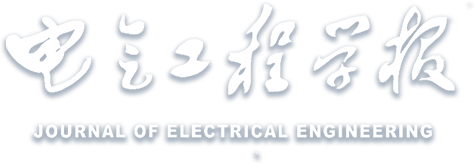Abstract:
The currents and voltages in a multi-inverter parallel system are coupled at the point of common coupling(PCC). The coupled harmonics and disturbances can affect the control of inverters connected to the same PCC, causing distortion of inverter output current waveform, increasing harmonic injection at the PCC, and posing hidden dangers to the stable operation of the parallel system. Regarding the problem of the coupling harmonic in the multi-inverter parallel system, a reduced-order ADRC decoupling control strategy is proposed, reducing the required order of the observer with equivalent transformation. It eliminates coupling disturbance in the inverter output currents, achieving independent control for individual inverters, effectively reducing harmonic injection into PCC, and improving current waveform. The loop-gain analysis is carried out to show that the influence of coupling currents is reduced in the control loops, and hardware in the loop(HIL) experiments are taken to verify that high-order harmonics output by the proposed inverter are significantly reduced.


 下载:
下载: